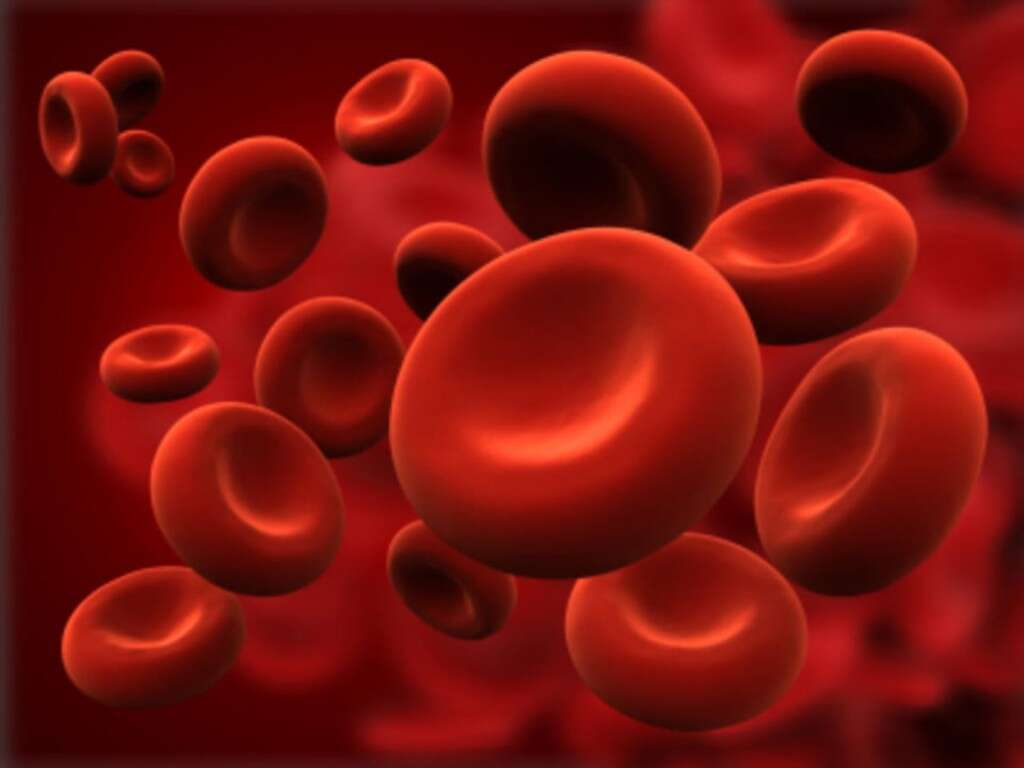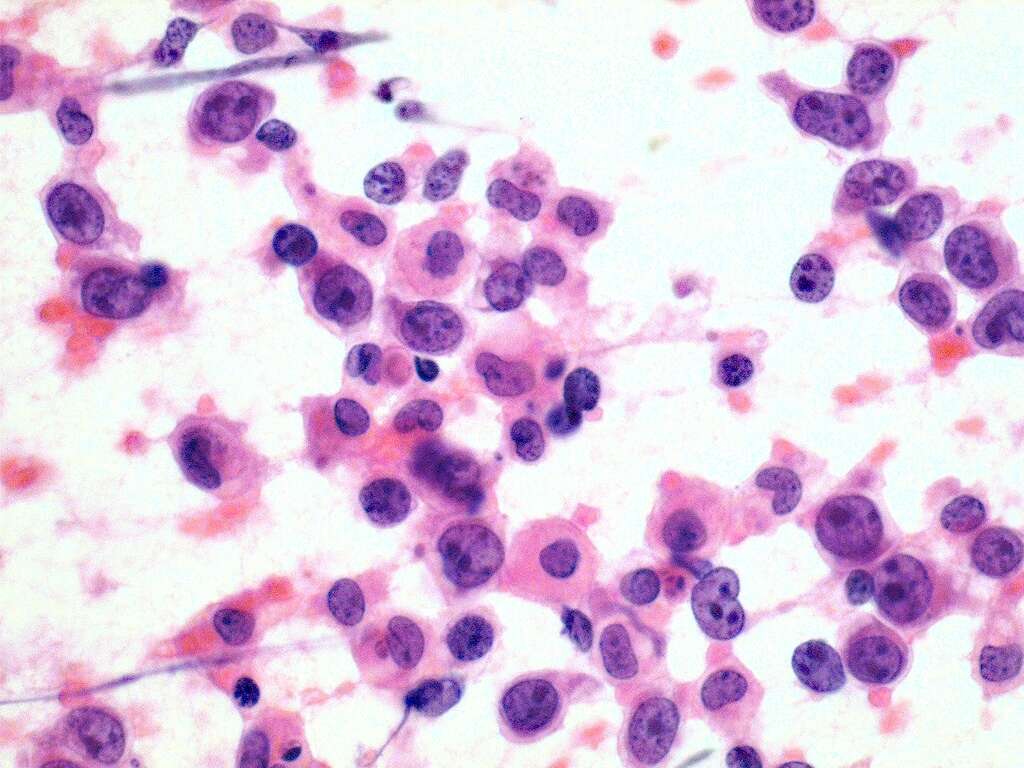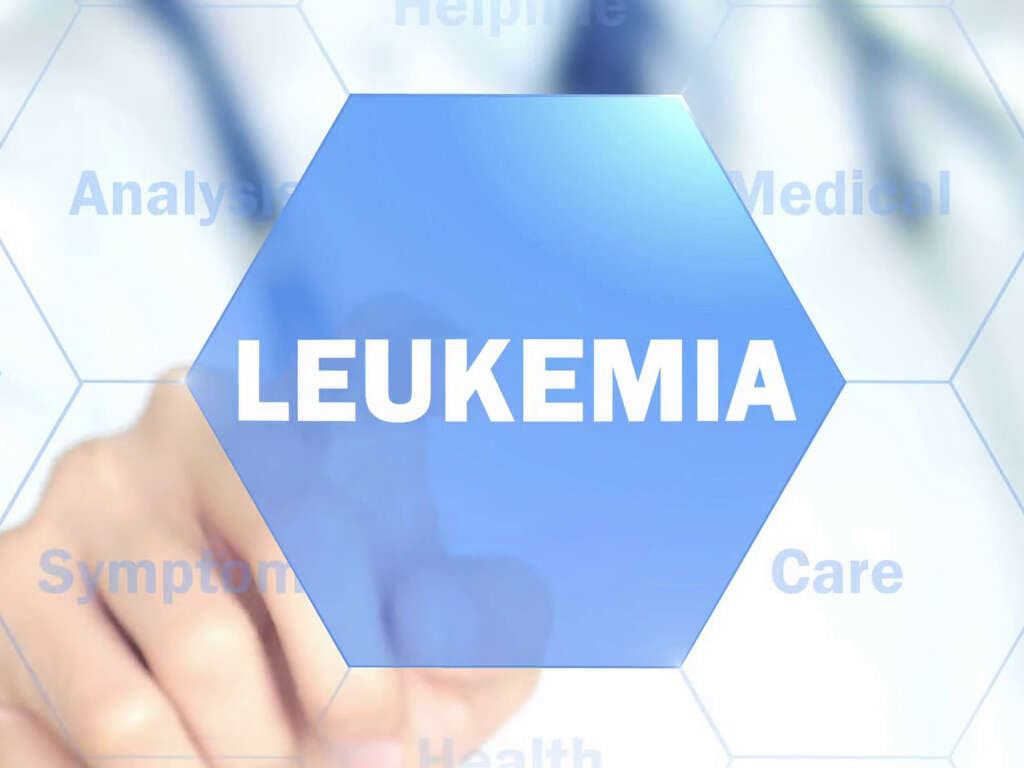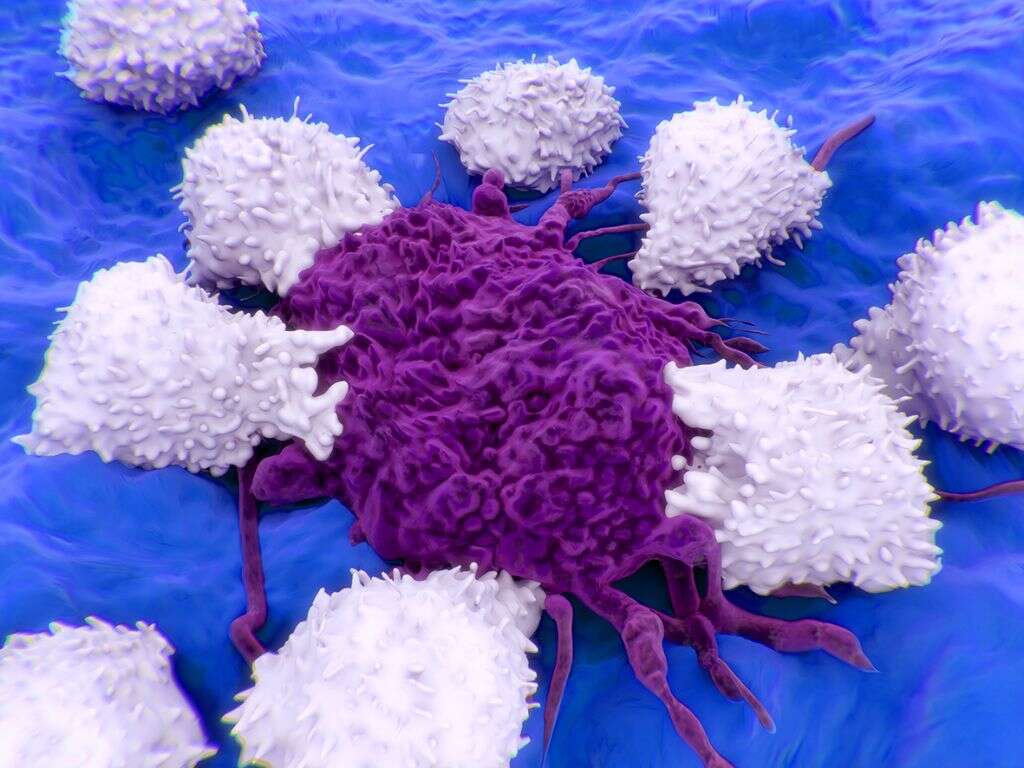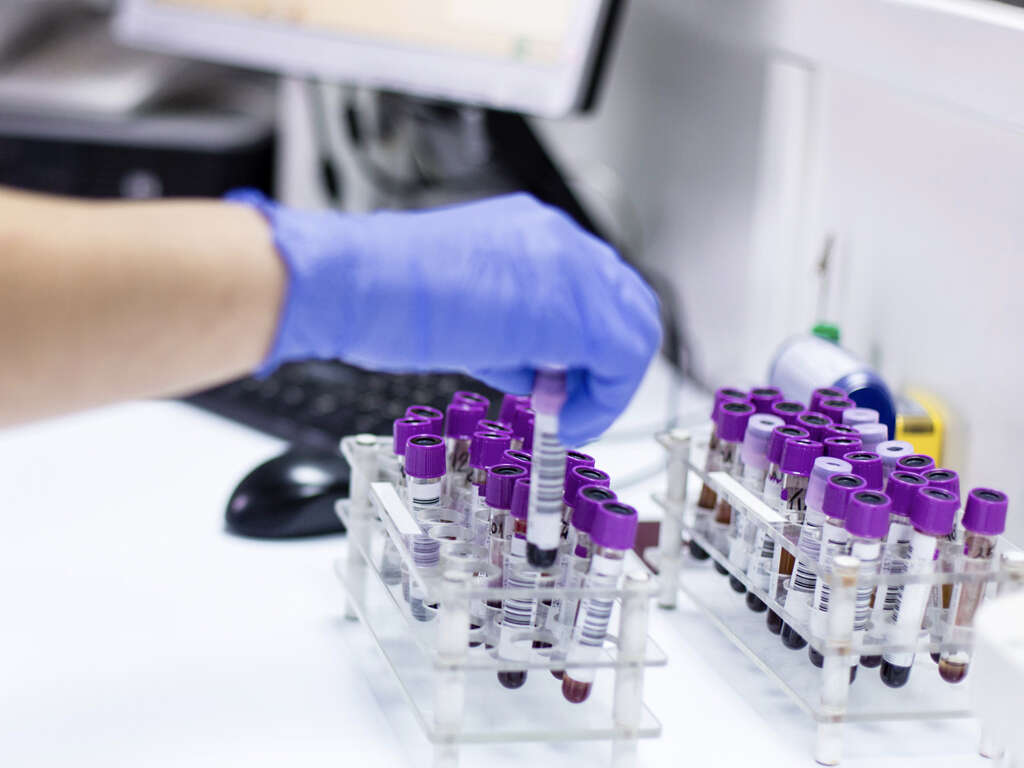Lymphoma Causes
Lymphocytes are very important to us because they help to keep us safe from disease. They can sometimes develop a mutation, however, and this can lead to a problem known as lymphoma, which is a type of cancer. The mutated lymphocytes begin to rapidly multiply, causing problems with the immune system and some other issues.
Lymphoma is a relatively common form of cancer, and there are several different types. The condition can be cured in some cases, and it can at least be treated in many others. It can still be fatal for others, and this means that it should be taken very seriously.
1. Age
One thing that is more likely to cause people to get lymphoma is age and, generally speaking, it is older people that are more likely to develop it. In most cases, patients that develop Non-Hodgkin lymphoma are over the age of 60.
In cases of Hodgkin lymphoma, people that are over the age of 55 are most at risk. In addition, people that fit into the 20-30 years age group are also at a higher risk. While people in these brackets are at a higher risk, it does not mean that those in these groups will necessarily get lymphoma. Nor does it mean that people outside these groups are safe from it.
2. Ethnicity
For reasons that are not clear, people that belong to certain races are more likely to get lymphoma than other people are. For example, people of Asian or African heritage in the United States are more prone to the disease than Caucasian people are.
In addition, people that are living in developed nations are more likely to develop Non-Hodgkin lymphoma than those that don’t. Again, this does not mean people at higher risk will definitely get lymphoma, and those at a lower risk are not 100% safe. People from all categories should get regular health check-ups to help protect against lymphoma and other medical conditions.

3. Breast Implants
Breast implants are among the most common type of plastic surgery. They help to enlarge a woman’s breasts while also offering more shape, and they have helped many women to have more confidence in their appearance. While they do have a number of benefits, breast implants also have some drawbacks.
One potential drawback of breast implants is that they can result in lymphoma developing in the patient’s breast tissue. Remember also that there are other risks associated with breast implants, such as the risk of infection. If you do want breast implants then it is always recommended to use a registered professional for your safety.
4. Obesity
It has not yet been confirmed, but there does appear to be a link between lymphoma and obesity. It is not clear why this is yet and more research needs to be done into the perceived link between the two. Regardless of whether or not there is a genuine connection, it is still wise to try and get yourself to a healthy weight.
Losing weight generally means eating a healthy, balanced diet and getting plenty of exercise. While it may well be able to help prevent lymphoma, being a healthy weight will also help prevent other medical conditions. What’s more is that being at a healthy weight can also help you look better and feel better.

5. Sex
Another factor that can help determine whether or not somebody is likely to develop lymphoma is sex. Whether or not a male or female is more or less likely to develop lymphoma will depend on the specific type of lymphoma.
Where Hodgkin lymphoma is concerned, for example, men are more likely to catch the disease than women are. Women are, however, more likely to develop other types of lymphoma. Regardless of sex, regular check-ups can help to ensure any problem is diagnosed early. This can make a very big difference when it comes to treating the condition, increasing the patient’s chances of making a full recovery.
6. Chemicals
If you spend time around certain types of chemicals then you may be putting yourself at a higher risk of lymphoma. This tends to mean agricultural chemicals in particular. If you do work in an environment where you are likely to be exposed to such chemicals then you should try and take all necessary precautions.
People that are often exposed to nuclear radiation are also at greater risk. It is only very specialized roles that are likely to have people exposed to such radiation, and all safety precautions are likely to be put in place already. Regardless, it is always wise to try and ensure you are always as safe as you can be.

7. Hereditary
A link has also been identified between cases of lymphoma and a history of the condition in the family. This does not mean that somebody with a family that has a history of the condition will definitely get it, but it does make it more likely.
The closer the family member that has had the condition, the more likely any one individual will get lymphoma. If a brother or sister has had the condition, for example, then the risk is high. Somebody is especially likely to develop lymphoma if they have an identical twin that has had it or still has it.
8. Infections
There are numerous types of bacterial and viral infections that can affect us. The majority will cause only mild symptoms and will usually pass in time having done no permanent harm. Some types of infection can cause more permanent problems, however.
Some viruses and bacteria, such as the Epstein-Barr virus, can transform lymphocytes. The virus is known for causing infectious mononucleosis, which is also known as the kissing disease, and glandular fever. If you are experiencing unexpected symptoms after any illness appears to have passed then you should arrange to speak with a doctor as soon as you are able to.
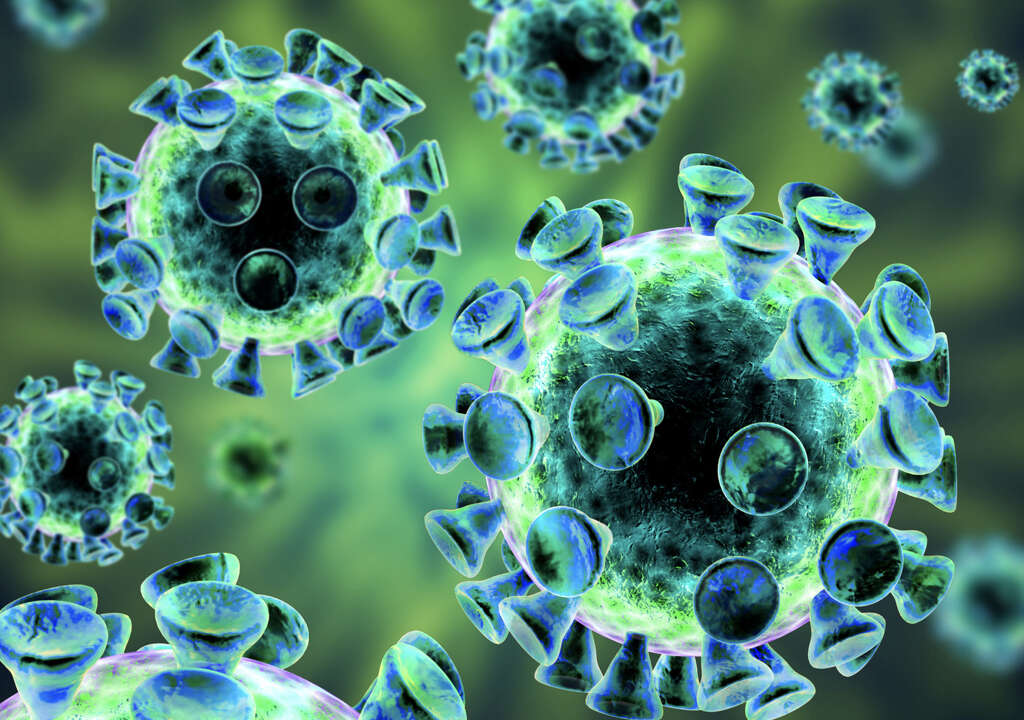
9. Autoimmune Conditions
An autoimmune disease is one where the patient’s cells are being attacked by their own immune system. This can cause some very unwelcome symptoms and, depending on the specific illness, it can even be dangerous. Some autoimmune conditions can also increase the patient’s chances of developing other medical conditions, including lymphoma.
Examples of autoimmune conditions include celiac disease, which is an allergic reaction to gluten, and tends to cause digestive issues. Another is rheumatoid arthritis, in which the patient’s joints are attacked. This, in turn, causes inflammation, pain, and other problems. There is no known cure for most autoimmune conditions, but it is often possible to treat the patient’s symptoms to make them more comfortable.
10. Weakened Immune System
Some people will experience a weakened immune system, and this can leave them more prone to diseases than they otherwise would be. One example of such a disease is lymphoma. There are a number of reasons why somebody’s immune system may be weakened, and they can be dangerous.
One example of a weakened immune system is when the patient is given certain medication to help suppress the system. This tends to happen after an organ transplant and doctors don’t want the organ to be rejected by the immune system. Another example is HIV/AIDS; a well-known condition that attacks the patient’s immune system.



